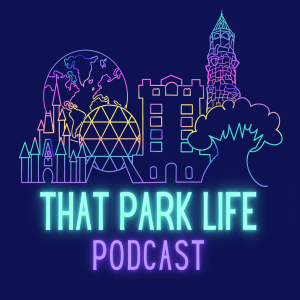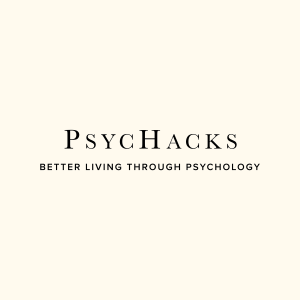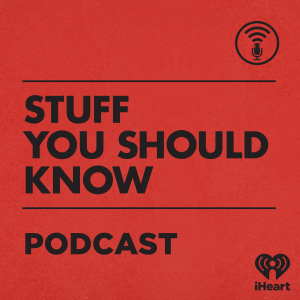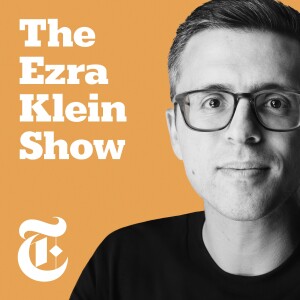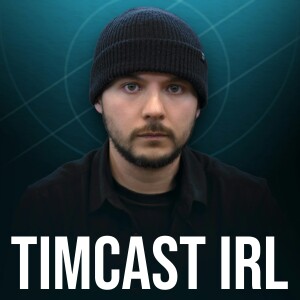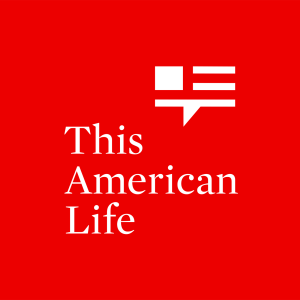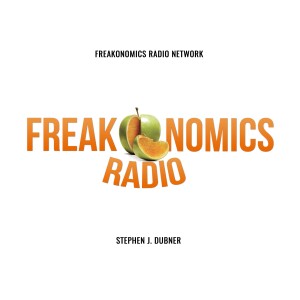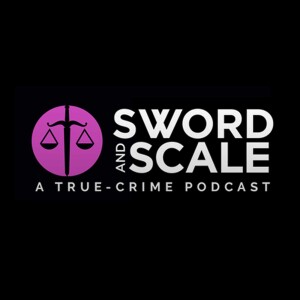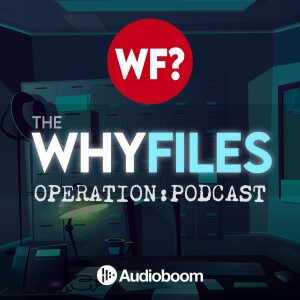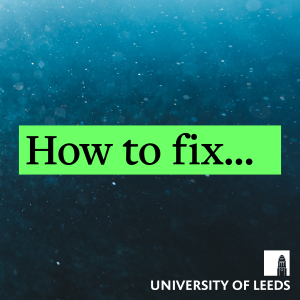

Episode List

How can we minimise the impact of melting glaciers?
How To Fix… from the University of Leeds. Providing hopeful solutions to the greatest challenges humanity faces, directly from the scientists and researchers on the front line. Two billion people could be forced to leave their homes as the world’s glaciers melt. These ice giants provide fresh water to over half of humanity, but they’re disappearing faster than ever. If glaciers vanish at this pace, ecosystems collapse, communities uproot and human survival itself is at risk. But there’s still hope: by understanding these frozen worlds, and acting fast, we can secure a future where glaciers, and the billions who depend on them, endure. So today we want to ask – how can we minimise the impact of melting glaciers? Host Rich Williams is joined by three guests from the University of Leeds who are searching for the answers: • Professor Duncan Quincey, a leading glaciologist whose research focuses on how mountain glaciers are responding to climate change. He studies the ways these vast ice bodies are reshaping under rising temperatures and what this means for the millions of people who rely on them. • Kenton Cool, one of the world’s foremost high-altitude climbers and alumnus of the University of Leeds, who spent time with Professor Duncan Quincey’s research team while on his nineteenth ascent of Everest earlier this year. • Dr Lauren Rawlins, a glaciologist and Teaching Fellow in the School of Geography at the University of Leeds who studies how glaciers and glacial lakes are changing in a warming climate. Further reading: • Research to explore why Everest glacier is so warm | University of Leeds • Glacial Lake Observatory for Flood Hazards Impacted by Changing Climate Presented by Rich Williams. Produced by Tom Taylor and Kathleen Johnston. External Communications Campaigns Manager is Kersti Mitchell. HOW TO FIX… is a Podmasters Production for the University of Leeds Communications and Engagement team. Learn more about your ad choices. Visit podcastchoices.com/adchoices

How can we help women thrive in menopause?
How To Fix… from the University of Leeds. Providing hopeful solutions to the greatest challenges humanity faces, directly from the scientists and researchers on the front line. This week: Menopause is the natural biological transition that marks the end of a woman’s reproductive years and an inevitable part of aging that, at any given time, is affecting a third of the entire female population. Yet it’s a topic that’s overlooked, misunderstood and often treated as taboo. So today we want to ask – how can we help women thrive in menopause? Host Rich Williams is joined by three guests from the University of Leeds who are searching for the answers: • Bee MacPherson is the Associate Professor of Clinical Education in the School of Medicine, and a healthcare professional who, after experiencing the challenges of perimenopause firsthand, has spent the past seven years leading workplace and cultural change to raise awareness around menopause. • Professor Janet Cade leads the Nutritional Epidemiology Group at the University and specialises in diet and health. As co-author of the landmark study on the effects of diet on the start of the menopause, she’s a world-expert in the role of food for women experiencing this transition. • Hannah Campbell is the Human Physiology Programme Lead and a Lecturer in Applied Human Physiology at the School of Biomedical Science who specialises in the relationship between the menopause and exercise and advocates for the transformative power of physical activity. Presented by Rich Williams. Produced by Tom Taylor and Kathleen Johnston. External Communications Campaigns Manager is Kersti Mitchell. Communications and Engagement Assistant is Anisah Arif. HOW TO FIX… is a Podmasters Production for the University of Leeds Communications and Engagement team. Learn more about your ad choices. Visit podcastchoices.com/adchoices
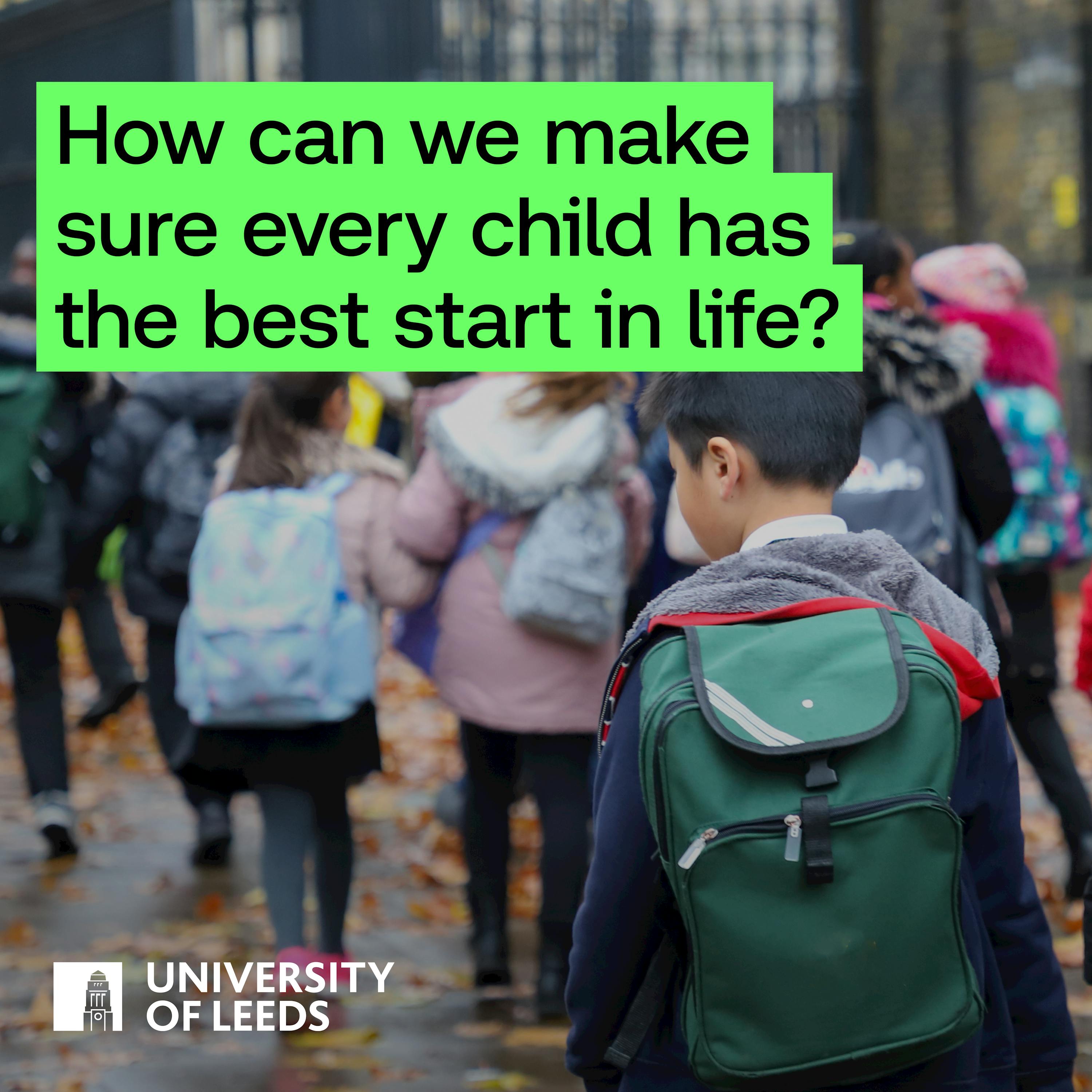
How do we make sure every child has the best start in life?
How To Fix… from the University of Leeds. Providing hopeful solutions to the greatest challenges humanity faces, directly from the scientists and researchers on the front line. This week: The early years of a child’s life shape their future. But for too many, the basic foundations are missing, leading to consequences that last a lifetime – impacting their education, health, happiness and more. How do we make sure that every child, wherever they’re born and whatever their background or circumstances, has the best possible start in life? Host Rich Williams is joined by three guests from the University of Leeds who are searching for the answers: • Professor Mark Mon-Williams: Holds a Chair in Cognitive Psychology at the University of Leeds, Editor of all twelve Child of the North reports and Deputy Chair of the Department for Education Science Advisory Council. • Professor Cat Davies: Professor of Language Development, Dean for Research Culture, and an international authority on early education and language development. • Professor Louise Tracey: Professor of Early Years Education, renowned expert in speech, communication and early years education and the university’s Research Centre Lead for Inclusion, Childhood and Youth. You can read more about the Child of the North series of reports, which was co-produced by the University of Leeds here. Presented by Rich Williams. Produced by Tom Taylor and Kathleen Johnston. External Communications Campaigns Manager is Kersti Mitchell. Communications and Engagement Assistant is Anisah Arif. HOW TO FIX… is a Podmasters Production for the University of Leeds Communications and Engagement team. Learn more about your ad choices. Visit podcastchoices.com/adchoices

How can we have a healthy relationship with dating apps?
How To Fix… from the University of Leeds. Providing hopeful solutions to the greatest challenges humanity faces, directly from the scientists and researchers on the front line.This week: An estimated 4.4 million adults in the UK now use dating apps like Tinder, Hinge, and Bumble in their search for the perfect partner, with these platforms generating a staggering £150 million in annual revenue. While many people do find the love of their life online, concerns are mounting over reports that some services perpetuate racism, are losing users, and can even promote gambling through their paid subscription models. So, how can we build a healthy relationship with dating apps?“One thing people need to realise is that they’re stepping into an environment designed to benefit the company—always. It’s like walking into a casino: the house always wins.” – Dr Luke BrunningHost Rich Williams is joined by three guests from the University of Leeds who are searching for the answers: Dr Luke Brunning, Lecturer in Applied and Inter-Disciplinary Ethics at the IDEA Centre, with research interests in the philosophy of romantic life, ethics and philosophy of emotion Dr Natasha McKeever, Lecturer in Applied Ethics at the IDEA Centre, researching the philosophy of love and sexDr Alessandro Birgalia, Associate Professor of Marketing at Leeds University Business School who researches consumer behaviour and psychology, branding and more.• You can find out more about The Centre for Love, Sex and Relationships, led by Natasha and Luke, here• You can read more about Alessandro’s research here• You can find out more about the Ethical Dating Online research group herePresented by Rich Williams. Produced by Tom Taylor and Jade Bailey. External Communications Campaigns Manager is Kersti Mitchell. External Communications and Campaigns Officer is Mia Saunders. HOW TO FIX… is a Podmasters Production for the University of Leeds Communications and Engagement team. Learn more about your ad choices. Visit podcastchoices.com/adchoices

How can we meet our future protein needs sustainably?
How To Fix… from the University of Leeds. Providing hopeful solutions to the greatest challenges humanity faces, directly from the scientists and researchers on the front line.This week: More and more of us are adopting a meat-free diet, it’s estimated that 16% of the UK population are vegan, vegetarian or pescatarian. Those of us participating in ‘Veganuary’ this year may already be familiar with meat-alternatives such as Beyond Meat or Quorn, but we may not know what these products are actually made of. Why are alternative proteins so important? What needs to be done to ensure these products are healthy, tasty and affordable? How can we meet our future protein needs sustainably?Host Rich Williams is joined by three members of the National Alternative Proteins Innovation Centre (NAPIC): Professor Anwesha Sarkar, Director of Research and Innovation for the School of Food Science and Nutrition at the University of Leeds; Professor Louise Dye, Co-Director of the University of Sheffield’s Institute for Sustainable Food and Professor Derek Stewart, Director of the Advanced Plant Growth Centre at The James Hutton Institute.You can find out more about NAPIC here.Presented by Rich Williams. Produced by Jade Bailey. External Communications Campaigns Manager is Kersti Mitchell. Communications Assistant is Anisah Arif. HOW TO FIX… is a Podmasters Production for the University of Leeds Communications and Engagement team. Learn more about your ad choices. Visit podcastchoices.com/adchoices
Create Your Podcast In Minutes
- Full-featured podcast site
- Unlimited storage and bandwidth
- Comprehensive podcast stats
- Distribute to Apple Podcasts, Spotify, and more
- Make money with your podcast

